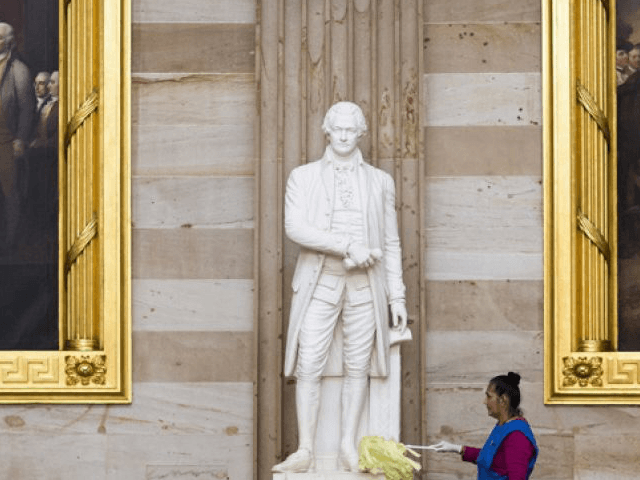“An ambitious man might make his own aggrandizement, by the aid of a foreign power, the price of his treachery to his constituents.” Thus did Alexander Hamilton warn the American people, in Federalist No. 75, against allowing the president to make treaties alone.
Hamilton, while a supporter of executive power, nevertheless argued for the Senate’s treaty role, because “it would be utterly unsafe and improper to intrust that power to an elective magistrate of four years’ duration.”
It would be unsafe, he said, because even the most virtuous individuals, with the best of intentions, would fall prey to the temptations that negotiations with foreign powers would certainly provide.
How much more so does his advice apply to a president of lesser virtue, such as Barack Obama, who intends to decrease the power of the United States as a matter of ideological conviction, and who seeks narcissistic satisfaction in the attention a deal with Iran would temporarily provide!
Hamilton also anticipated the greed allegedly displayed by Hillary Clinton as Secretary of State, whose perambulations around the globe in service of the president’s dubious foreign policy agenda coincided with generous donations from foreign governments to her family’s personal foundation.
“An avaricious man might be tempted to betray the interests of the state to the acquisition of wealth,” Hamilton warns, prescribing the review powers of the Senate as the remedy.
And lest apologists for Obama argue that the nuclear deal with Iran is not actually a “treaty,” but merely an “executive agreement,” Hamilton leaves no doubt as to the scope of arrangements to which the Senate’s review power applies.
“The power of making treaties,” he says, concerns “CONTRACTS with foreign nations, which have the force of law, but derive it from the obligations of good faith” (original emphasis).
Congress should heed Hamilton’s warning before it is too late.

COMMENTS
Please let us know if you're having issues with commenting.